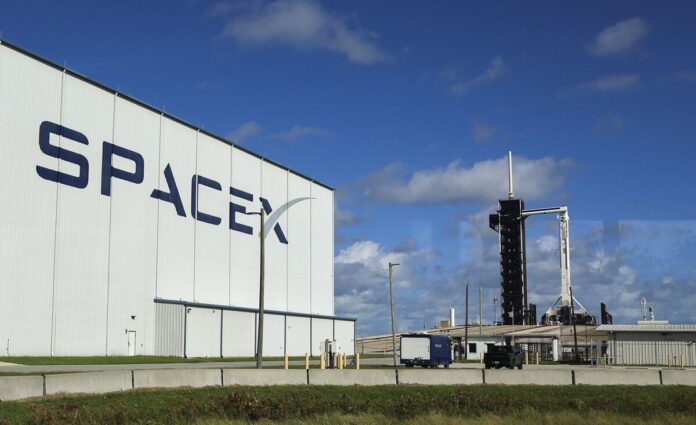ISLAMABAD: Pakistan’s ambassador to the United States, Rizwan Saeed Sheikh, praised the transformative potential of SpaceX’s Starlink satellite internet services during a high-level visit to the company’s headquarters in Los Angeles, according to the Associated Press of Pakistan.
Starlink, owned by tech billionaire Elon Musk, provides internet access through low-Earth orbit satellites and is considered one of the most advanced global providers in this space. Federal Minister for IT and Telecommunication Shaza Fatima Khawaja announced last month that Starlink is expected to become operational in Pakistan by November 2025, following the completion of licensing procedures.
During the visit, Ambassador Sheikh, accompanied by a delegation including the Consul General of Pakistan in Los Angeles, was briefed on ongoing collaboration efforts between Pakistan and SpaceX. Discussions focused on Starlink’s satellite infrastructure and commercial capabilities, emphasizing plans to expand broadband access and strengthen connectivity, especially in remote and underserved areas of Pakistan.
The delegation was warmly received by Starlink’s vice-president of global business operations and director of global business development, who provided a detailed briefing and a guided tour of SpaceX’s facilities.
Ambassador Sheikh reaffirmed Pakistan’s commitment to promoting innovation-led development through strategic international partnerships. He expressed hope that continued engagement would lead to tangible cooperation in space technology, digital infrastructure, and commercial innovation.
This engagement is part of broader efforts to deepen ties between Pakistan’s and the United States’ private IT sectors. In addition to Starlink, the government is encouraging competition in the satellite internet sector, with Shanghai Spacecom Satellite Technology, a Chinese firm, also applying for a license to operate in Pakistan.
The provisional license granted to Starlink paves the way for the installation of necessary infrastructure and service rollout by the end of the year, marking a significant step in Pakistan’s digital transformation agenda.




